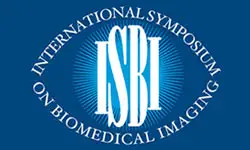Investigating Functional Brain Network Abnormalities Via Differential Covariance Trajectory Analysis And Scan Statistics
Anita Sinha, Ronak Mehta, Veena Nair, Rasmus Birn, Vikas Singh, Vivek Prabhakaran
-
Members: FreeSPS
IEEE Members: $11.00
Non-members: $15.00Length: 00:10:13
28 Mar 2022
Rs-fMRI has been shown to be a valuable neuroimaging modality to study the pathophysiological mechanisms and effects of Alzheimer's Disease. However, most existing brain network modeling frameworks for rs-fMRI often do not account for the combined statistical and temporal dependencies underlying dynamic functional connectivity (dFC) in a statistically robust manner, which may be limiting our understanding of altered brain organization in disease. To address these issues, we demonstrate an application of a new framework that characterizes dFC as covariance trajectories on the Riemannian manifold and employs scan statistics as a means to jointly incorporate first- and second-order statistics to localize subsets of features that contribute to group differences. Experimental results demonstrate that our approach is capable of identifying differential effects in large-scale functional networks altered in Alzheimer's Disease in a way that overcomes statistical challenges common with many neuroimaging studies.



